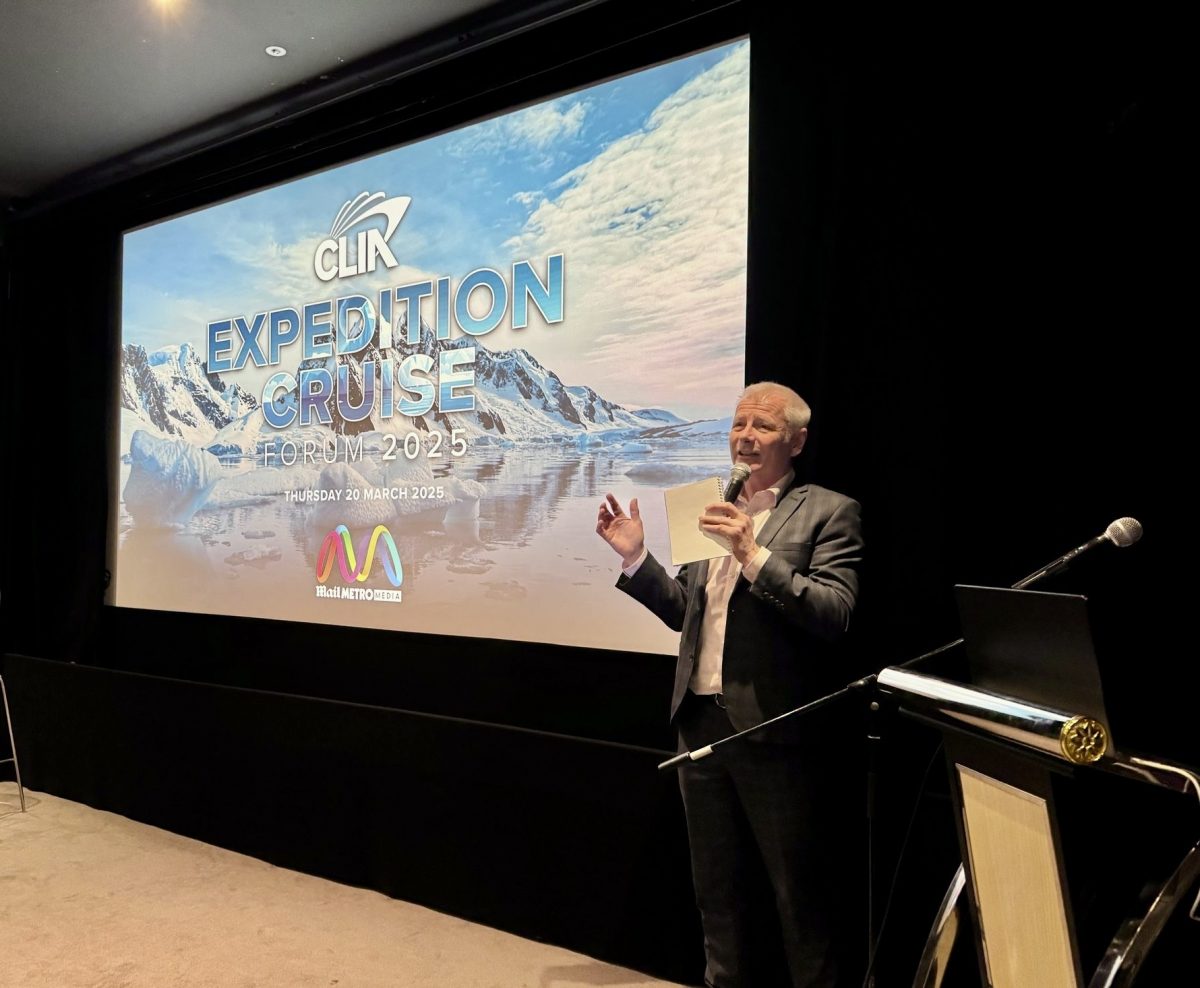Poll shows major drop in travel plans this summer
According to a new AP-Gfk Poll, the number of Americans vacationing this summer will be down and a third of Americans surveyed said they have already canceled at least one trip this year because of financial concerns.
The survey found only 42 percent of Americans plan a leisure trip this summer, down from the 49 percent who said they planned to take a summer trip in an AP-Ipsos poll conducted in May 2005.
More than two-thirds of those in the $100,000-plus bracket will take some type of leisure trip this summer, compared to 48 percent of those earning $50,000-$100,000 and just one-third of those with family incomes under $50,000.
In terms of destinations, 12 percent of those planning a trip said they would stay in their home state, 67 percent will go to another state and 19 percent will travel outside the U.S. The poll also found that 20 percent of those planning a trip this summer will stay closer to home this year due to economic worries, while 23 percent will save money by staying with friends or family instead of a hotel.
Despite the downturn, travel bargains are tempting a small number of people — mostly upper-income — to take bigger and better trips. Seven percent of all Americans and 18 percent of those earning more than $100,000 said they would take more elaborate trips than usual because of lower prices.
The poll was conducted by GfK Roper Public Affairs & Media from April 16-20 by landline and cell phone telephone interviews with a nationally representative random sample of 1,000 adults. The margin of error was plus or minus 3.1 percentage points.
Arch Woodside, a professor of marketing at Boston College who specializes in tourism, described the overall decrease in summer travel as "a substantial drop" that will have a significant impact on the industry, especially in places like Florida and New York City where tourism is big business.
Woodside said travel could shrink even more next year as new economic realities sink in. "Most people unconsciously maintain their lifestyles immediately after a big drop in their economic well-being: an ‘I’m going to be all right’ response," Woodside said. "The impact of their new lower economic reality becomes conscious reality in the second year following a big change."
Age-wise, 30-49-year-olds were most likely to travel, with 48 percent planning a trip. Among those ages 18-29, 43 percent said they would travel, and among those ages 50-64, 41 percent plan a trip. The real drop-off is among older folks: Just 34 percent of those 65 or older plan to travel this summer.
According to the marketing professor, Wodsidesaid "actions by marketers" could counteract the drop in leisure travel with "innovative travel packaging." One area where he predicts growth in 2010 and 2011 is in tours offering "must-do-in-this-lifetime-experiences with an unbeatable low price" designed to attract "independent travelers — many of whom hate (conventional) packaged tours."
Source: AP
 United Kingdom
United Kingdom United States
United States Asia Pacific
Asia Pacific












































EU entry-exit system delayed again
Carnival Cruise Line hosts Prague getaway for Fun Ambassadors
Council moves to designate Forest of Dean a Biosphere
US tourism hit with UK, Germany travel warnings
Uganda Airlines launching London flights